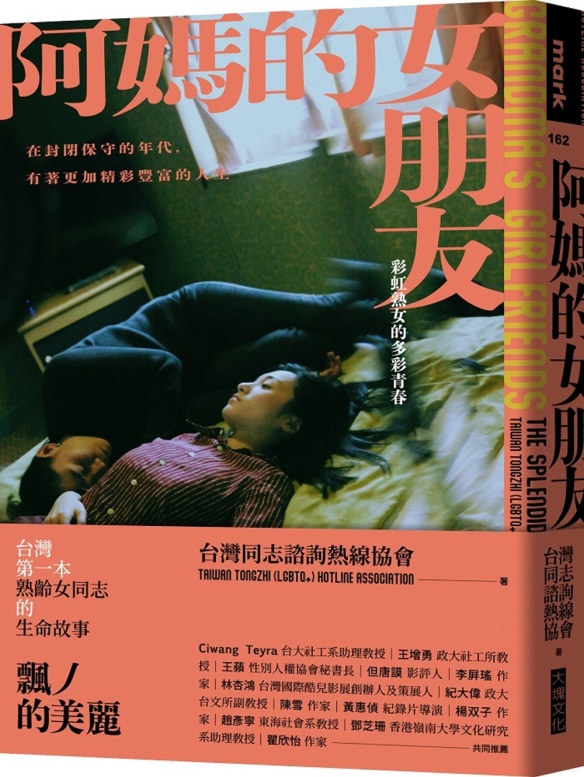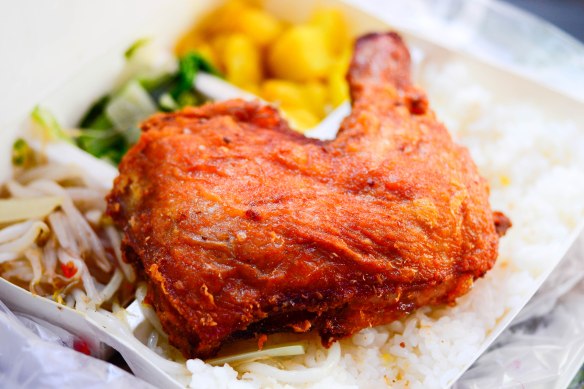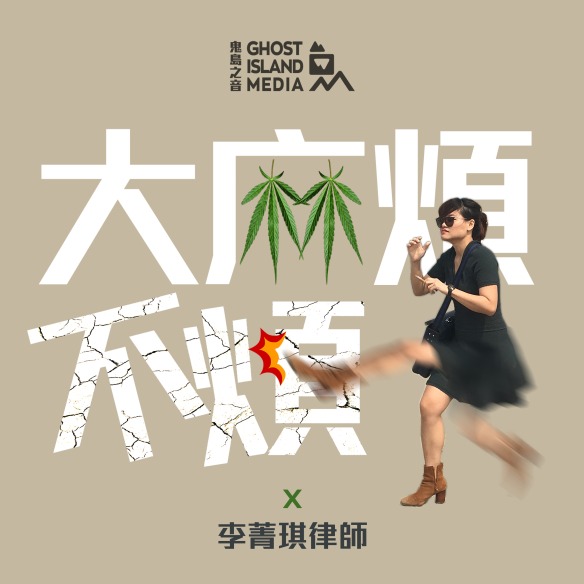
You have to respect a gay male podcast host for doing an entire episode on middle-aged and elderly lesbians! That’s exactly what the WetBoyRoom ( 「潤男的Room」) podcast host did this week, interviewing the contributors to a book about this subject called 《阿媽的女朋友》 (Grandma’s Girlfriends), lesbians from older generations in Taiwan.
If you’re not super familiar with the lesbian scene in Taiwan, many of them of about my generation (30s) tend to identify as either 「T」 (short for the English word “Tomboy”) or 「婆」 (lipstick lesbian). With time, the lines between these categories have blurred just as they have in the male gay community, and many people now consider these terms outdated and being a heteronormative way of perceiving gay relationships (i.e. trying to figure out who is “the man” and who is “the woman” in the relationship). It was interesting to hear in the podcast that this dichotomy was actually a more recent phenomenon in the lesbian community, but a Taiwanese term in the podcast really peaked my interest. At the 10:55 mark, one of the characters is described (in a Mandarin sentence) in Taiwanese as 「漂撇 ê 穿 褲 仔」phiau-phiat ê chhēng khò͘ á (瀟灑的穿褲子/ dashing trouser-wearer). Although I think the host actually said 「穿褲ê」, 「穿褲仔」 or girls who wore trousers, could be identified more easily as lesbians (if they were in fact lesbians) back in the day. So, it can be considered as an older version of the concept of 「T」.
Another handy Taiwanese term in the podcast (which you could likely insert in a Mandarin sentence to compliment a dinner-party host, or, more likely, to mock your friend’s paltry offering of a packet of Lays as an hors d’oeuvre) is 「腥臊」 chhe-chhau (also pronounced chheⁿ-chhau or chhiⁿ-chhau), which is equivalent to the term 「豐盛」 in Mandarin, meaning “rich and sumptuous”:
那天同媽準備了很豐盛的食物,不只是麻油雞,我記得她準備了一整桌非常腥臊 (chhe-chhau ) 的菜。
(That day, Aunty Tong prepared a bounty of food, not just sesame oil chicken, I remember she prepared an entire table of rich sumptuous food.)

Definitely looks like an interesting books to read, will have to add it to my list!





